Your Power to Choose
by Derek H. Suite, M.D.
“If you choose not to decide you still have made a choice.” ( from Rush song, Freewill)
More than ever we seem to be living in times where our decisions and choices matter on every level. It could be as simple as figuring out if going to the grocery store, or as complex as sorting out how to spend quality time with family for the holidays—we are seemingly always in the process of trying the make the right choice.
It could be argued that COVID -19 and other world events, including the reckoning with social justice issues, and the enormous attention paid to the recent election, may have amplified our awareness of the importance of our decisions and choices.
It is a bit ironic that as so many choices were taken away from us due to the pandemic, we were ultimately still left with one thing that could not be taken away—yes, you guessed it: Choice. Despite the masking, quarantining, and social distancing, we, somehow, still have not lost the right to choose our responses.
And this ability to choose has many resilience benefits. Per psychologists, just as the choices we make about our physical health, especially around exercise and nutrition, impact our physical wellness and resilience, the choices we make about how to respond to life’s adversities have a profound effect on our psychological wellness and resilience.
And it doesn’t stop there. It turns out the road to self-improvement and success is paved with “choices” that ultimately direct the course of our lives. Our present-day actions and choices are always tied to the future outcomes we eventually experience.
It’s very unlikely, for example, that continually making bad choices leads to great outcomes. Conversely, regularly making good choices doesn’t typically lead to terrible outcomes. These outcomes remind us to examine our choices if we have talent and ability but are not getting the results we expect. They are useful to keep in mind as we endure the short-term discomfort that is sometimes associated with making the right choices.
And there is no sitting on the fence or wiggling out of the choice trap. There is no such thing as not making a choice. As the quote above says in deciding “not to choose” we have, ironically (and once again), made a choice. In some cases, there are more consequences for “not choosing.”
Ultimately, it is somewhat comforting, and indeed liberating, to know that –no matter what—we still have the power to choose. That we are still in the driver’s seat, so to speak, choosing where we want to go in life, what direction we will take (or not take), which stops and exits we will make along the way, and how slow or fast we would like to travel as we move forward.
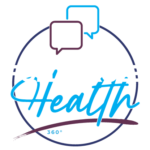
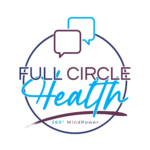

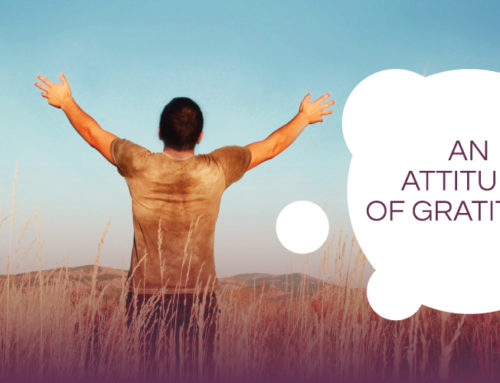
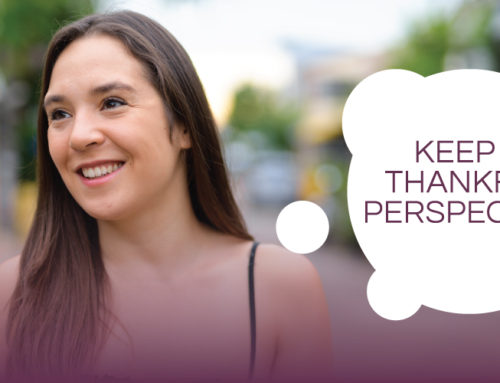
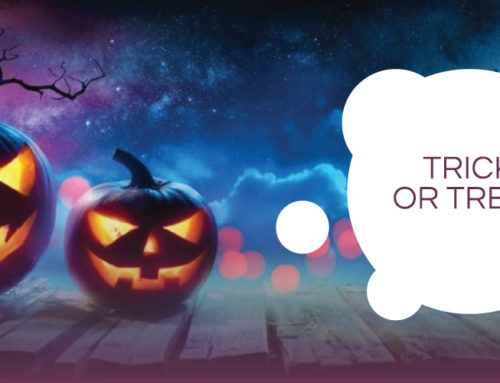
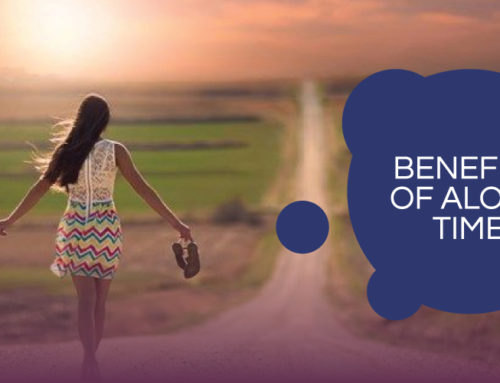
Leave A Comment